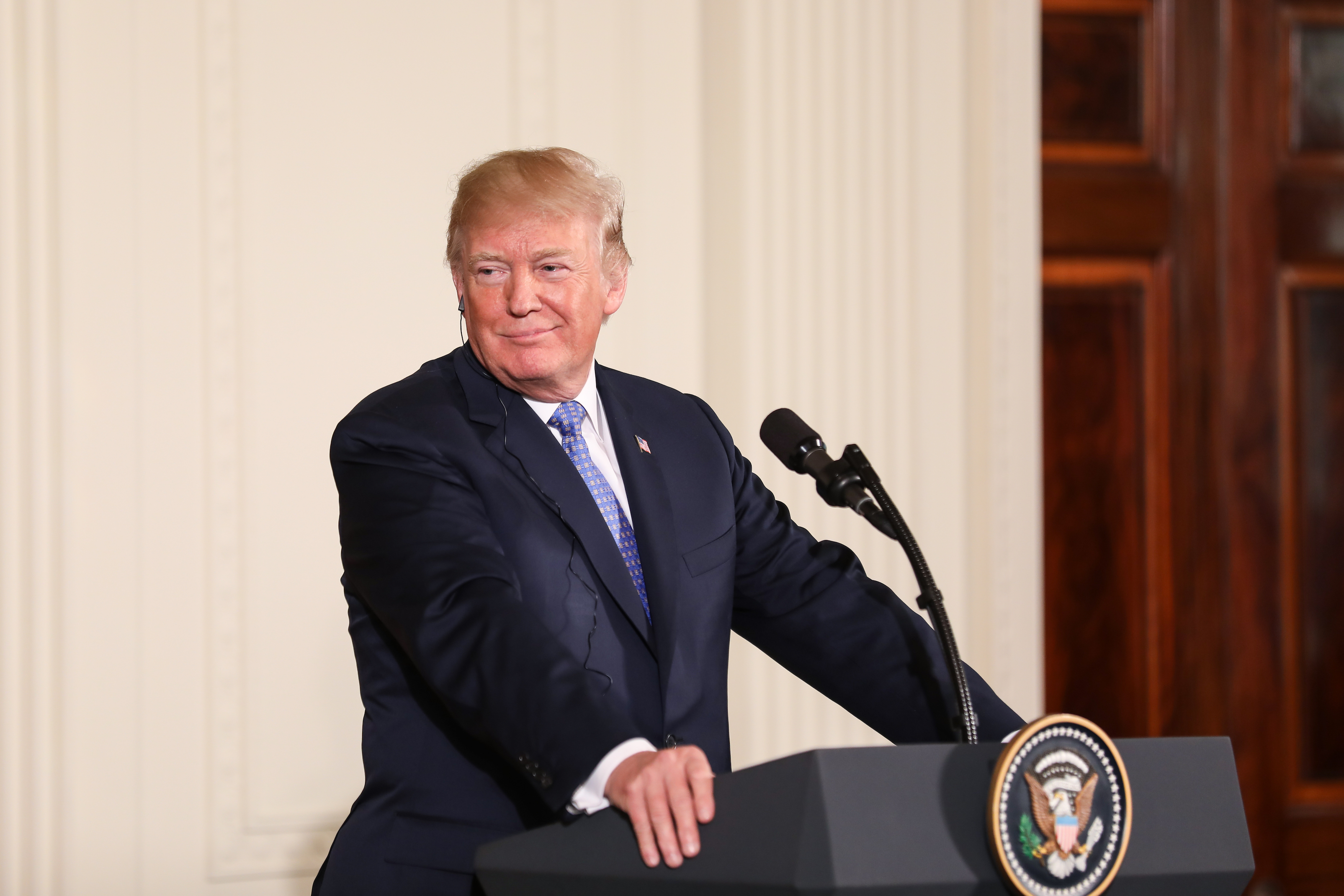Most of us have grown up in democracies, and therefore, we’re used to living in a democracy. However, perhaps we have forgotten that democracies work well because citizens engage in reasoned, evidence-based debate to make decisions about our societies' future. That's what democracies are about. They aren’t just about voting but also about having a constructive deliberation about how to solve problems.
At the core of this process is the acceptance of evidence. Some things are true, and others are not supported by evidence. We have a responsibility to navigate this landscape while having constructive debates. However, misinformation is undermining that process.
Misinformation has always been around. I'm old enough to remember the weapons of mass destruction in Iraq in 2003. Although they didn't exist, as we now know, they were conjured up by governments to go to war and invade Iraq. So, misinformation has always been problematic.
Yet, not all misinformation is equal. I would argue that there has been a shift over the last five to ten years. Misinformation no longer attempts to convince us of a reality that might be false, but, instead, tries to alter the state of reality, shifting it toward something completely different. For example, weapons of mass destruction, climate denial, all these misinformation attacks dealt with reality while trying to convince us that something is true when, in fact, it wasn't.


